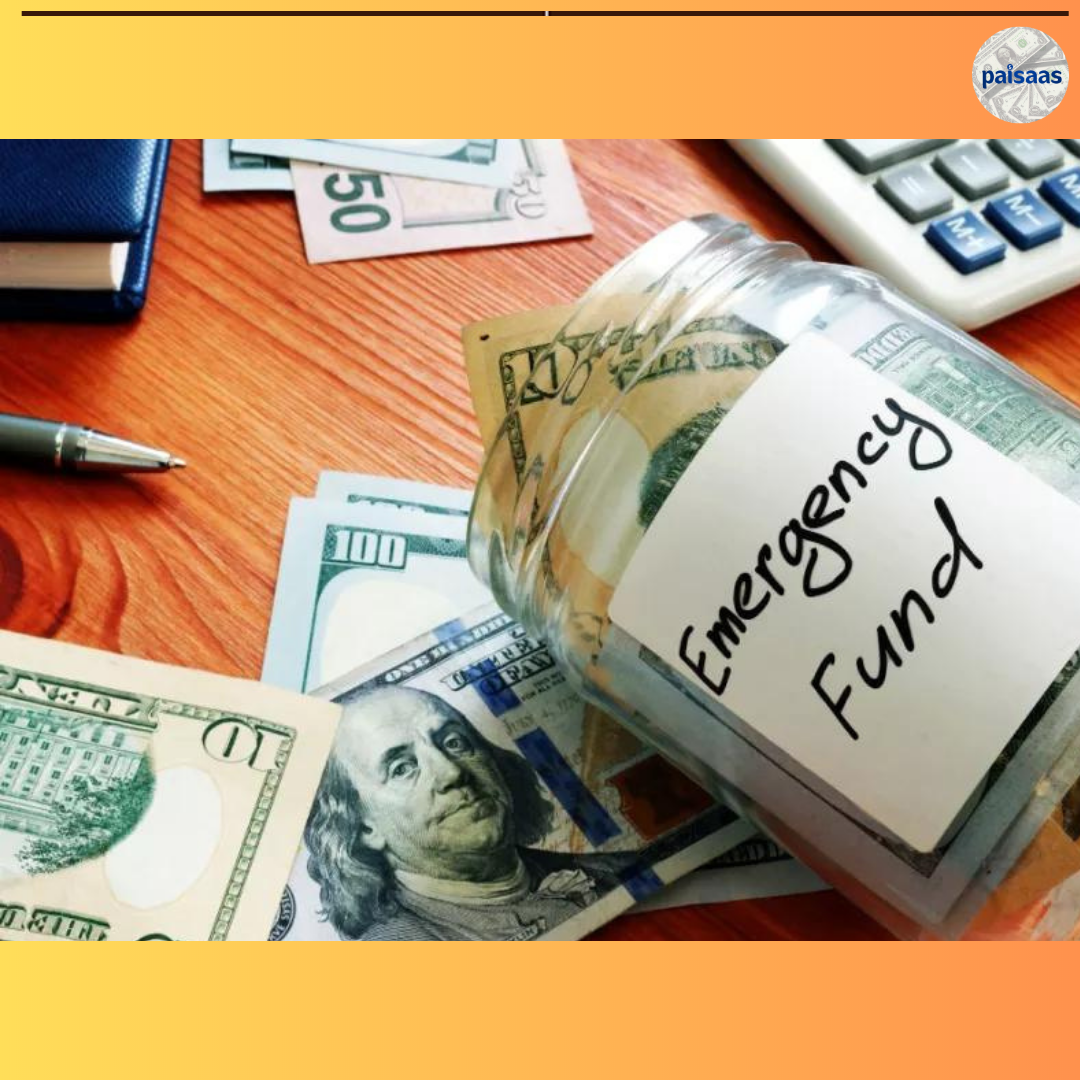

New fathers building an emergency fund
New fathers building an emergency fund
Most new fathers are still in the early stages of their jobs and are frequently burdened with debt from loans for their homes, cars, or school. Planning an emergency fund is now even more crucial in light of all this.
The need of maintaining a sufficient emergency fund has become increasingly clear in light of the recent turbulent years. After all, a person’s financial ambitions might be severely impacted by personal financial catastrophes like a job loss, business failure, or an unexpected medical emergency. Less frequently, there can be unforeseen income tax obligations, urgent house repairs, or even a natural disaster recovery to deal with. Any of these things could wreck your financial plans.
Being ready for such eventualities is especially crucial for new fathers because they now have another dependent who will be affected by any unforeseen circumstance that causes them to become financially unstable. Additionally, the majority of new fathers are still in the beginning stages of their jobs and are frequently burdened with debt from loans for their homes, cars, or school. Many of them might still be figuring out their professional niches and have a few more years before they reach their peak earning years. Planning an emergency fund is now even more crucial in light of all this.
How much is sufficient?
The general recommendation is to save 6 to 9 months’ worth of spending in an easily accessible emergency fund. But at best, this is merely a general guideline. Your emergency fund needs to be more substantial the more insecure your current circumstances are. For instance, a business founder should have an emergency fund equal to 18 to 24 months’ worth of fixed expenses. However, a government worker with a more steady income may get by with just three months’ worth of costs in their emergency fund.
Additionally, the size of your emergency fund must increase as the number of your dependents and family members increases. Another important factor in determining the appropriate amount for you is your ability to rely on close family members in case of serious situations. Finally, you might settle on a figure that falls between the range of 3 to 24 months of fixed expenses.
What to do first
For a while, you might need to make a few cuts to free up extra money for your emergency fund. Consider it as a temporary discomfort for a significant long-term cause.
Whatever you do, don’t let your savings account’s emergency fund sit there! You’ll definitely use it for something. Out of sight, out of mind would be a good principle to follow in this situation. Instead of letting this money build up in your bank account, invest it through SIPs. Within a few years, even Rs. 15,000 per month saved at a 6-7% annual return can help you build a respectable emergency fund.
Where does it belong?
The last thing you want from an emergency fund is for it to dramatically lose value when you need to access it. Equity funds can be volatile. When it comes to your emergency fund, safety should come first, thus you should put at least 80% of your money into liquid funds, adjustable rate funds, or arbitrage opportunities. To give the overall corpus a little boost, up to 20% could be invested in funds with a somewhat greater risk profile, such as dynamic asset allocation funds or debt-oriented hybrid funds.
common errors
The first and most obvious error is to completely disregard the necessity of an emergency fund! You might be shocked by how typical this is. Although optimism is admirable, you shouldn’t hide your face in the sand and expect that life will treat you well all the time. Because they occur without warning, emergencies are, after all, named emergencies. The most important thing is to start, even if that means doing so with less money.
The second error is to occasionally withdraw money from your emergency fund with the goal of replenishing it later to pay for living expenses. This can put you in a position where you can’t get the money you need when you need it most. It can be challenging to resist spending a tidy stack of liquid money on a trip or a new automobile, but one must use willpower to keep the corpus while keeping the future of their family in mind!
The third error is combining your emergency fund with other goal-based investments, for instance by declaring, “I’m saving this money for a home purchase, but will draw upon it in case of an emergency.” Your emergency corpus needs to be kept distinct, with a clear strategic focus on high liquidity and capital protection. It can be quite beneficial in this regard to define, prioritise, and organise your goals with the assistance of a trained counsellor.




